Walt Hollands teaches AP Environmental Science at Grant High School in Portland, OR. He has been a teacher since 1991 and has been participating with his classes in Salmon Watch since 1994. Walt has served in an advisory role with Salmon Watch since 1997, and serves as a Salmon Watch trainer for both teachers and volunteers.
WSC: What inspired you to become an environmental science teacher?
Walt: I studied environmental biology in college. My first post-college job was doing water quality monitoring for an environmental consulting firm. Shortly after, I had a summer job working with underserved kids in a conservation jobs training program in the Columbia River Gorge. I really loved that job. I realized through that experience that maybe I could combine my love of the environment and ecology with my love of working with kids, and that led me to teaching.
WSC: Why is environmental education important?
Walt: We need a next generation of environmental scientists. We need to grow the next crop of people who will understand the natural world when we’re gone. We need people to be able to understand and measure and give ideas for adapting to the coming changes in our world. Even if a student is not going to be a professional scientist, we need an educated populace to deal with these issues.
I recently read an article in The New York Times about “Insect Armageddon,” and how amateur naturalists in Germany helped establish that there is a precipitous decline in insect populations. For most of my generation, we’ve undervalued naturalists. We’ve undervalued people who know the plants and animals, what species they are and how they live. Natural history is not valued as much as “pure science,” and currently the Oregon state standards for education place no value on knowing which tree is a Douglas-fir and which is a Big Leaf Maple. There’s no value, according to the state standards, of knowing the five species of salmon and what a salmon needs at various points in its life cycle.
We seem to have only valued big concepts without applying them practically to the world around students. This article about the amateur naturalists in Germany featured people who were just interested in insects and knew what kind of bugs they were looking at. And that allowed them to make this really important discovery that the “real” scientists completely missed. So, it’s really important to educate people to understand the world around them.
WSC: Why is it important to work on closing the gap in access to the outdoors and environmental science training and careers?
Walt: Salmon Watch is a great opportunity to get underserved students, such as students of color and young women, out in the field to meet and work with people who are employed in environmental science fields. I think it really broadens the horizons of students and they can see a wider world available to them in terms of employment and recreation. I also think for kids in poverty and kids lacking access to resources, their world is small. It can feel really confining if you don’t feel like the world of opportunities is open to you. Through Salmon Watch, students get out there and see a much larger world. They not only meet environmental professionals, but they also meet people in various fields, maybe someone who is a publicist who just cares about salmon. And they learn about that person, too, and see that that person also cares about the natural world and sees it as valuable.
WSC: Do you think Salmon Watch helps empower students to pursue careers in science and conservation?
Walt: Absolutely. I just spoke with a student at Grant High School where I teach. He came by to see me; he’s a graduating senior. I had him as a freshman in biology and we went on a Salmon Watch field trip. He was part of a group that also did a research project on a different creek, and then he took my AP Environmental Science class last year. He stopped by to tell me that he got accepted into college and that he is majoring in environmental science. And I think that interest for him all started with Salmon Watch.
WSC: Do you think Salmon Watch helps promote a sense of environmental stewardship in students?
Walt: Yes, I mean, how couldn’t it? I think a lot of adults in this country don’t understand the very basis for the whole field of ecology, that every living and every non-living thing in our world are interconnected, and that your personal actions affect the world.
I think if you see wild salmon in the field and understand their epic life cycle…understand that here they are after thousands of miles of traveling out to the ocean and back, spawning in the river right in front of you…you can watch a documentary or learn about this stuff in school and it doesn’t hit home like when you’re standing there on the bank of the river. That’s so much more meaningful. All the concepts are embodied in this animal, and it’s like, “Boom, I get it. I have a role to play in this.”
WSC: Why should people get involved with Salmon Watch?
Walt: For teachers, you see your students in a new light that you don’t get to see them in when they shuffle into your classroom for 90 minutes and back out again. You’ve got the whole day with them. You get to know them so much better, and to see them differently. A different setting brings out different things in people.
Also for teachers, what is really valuable is the common experience you have with students on the field trip. As a biology teacher, I looped around to the experience we had out on the river looking at salmon spawning in multiple units throughout the year.
That common experience allowed me to enrich my whole curriculum, not just the unit on ecology. With evolution, we talked about differences in the species of fish on the river. With genetics, we could also talk about differences that they noticed between organisms. You can mine that experience all year long as a way to make abstract concepts concrete using the real, natural world.
For volunteers, I’ve been a Salmon Watch volunteer as well. It’s really fun. The students’ energy is contagious. If you’ve got time to volunteer and you’re not out engaging with young people, you’re missing out. They’re amazing. They’ll give you hope for the future of the world. And if you’re discouraged about the future of our world, this is your chance to do something. With just one day out on a field trip, you have the chance to impact 30 young people. Why not do it?
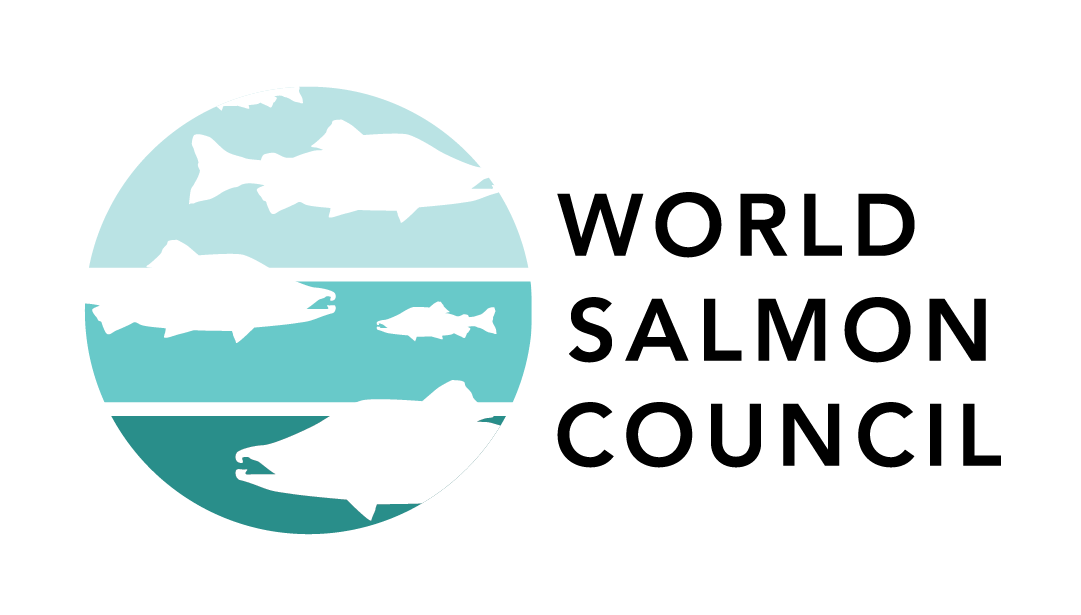
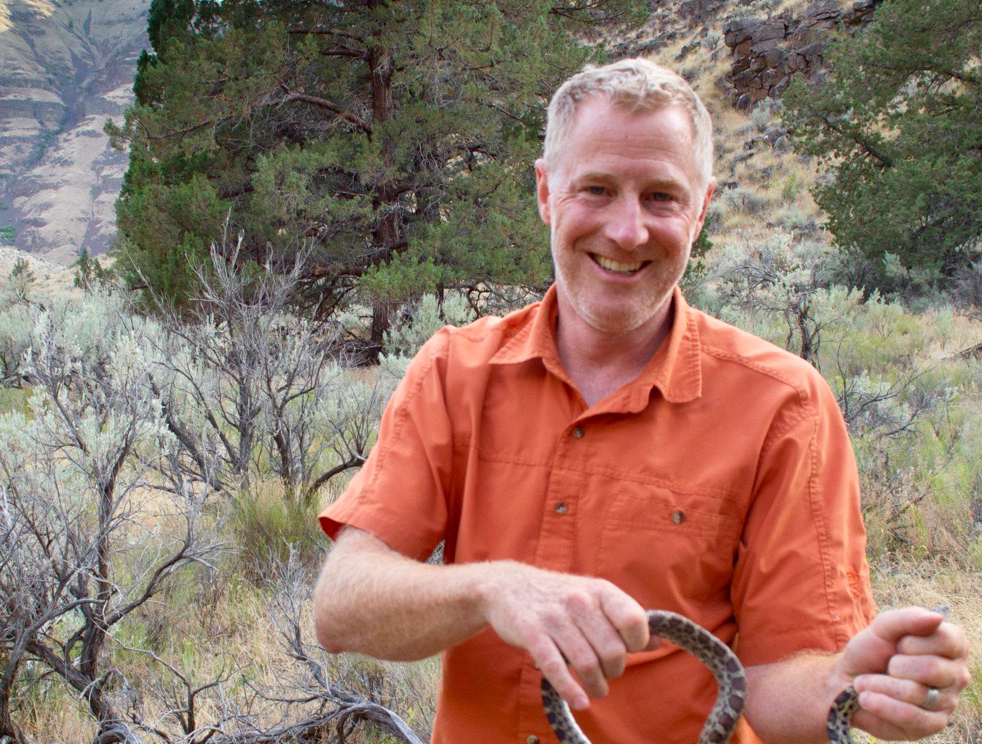
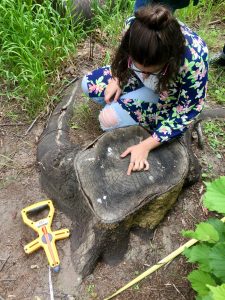
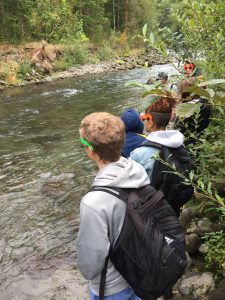
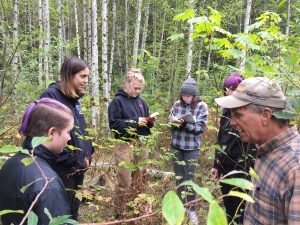
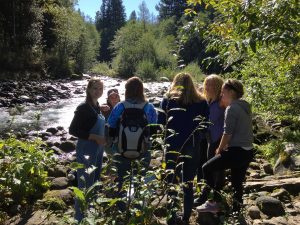
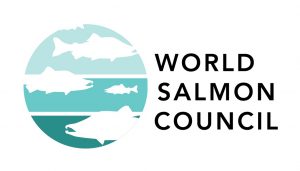
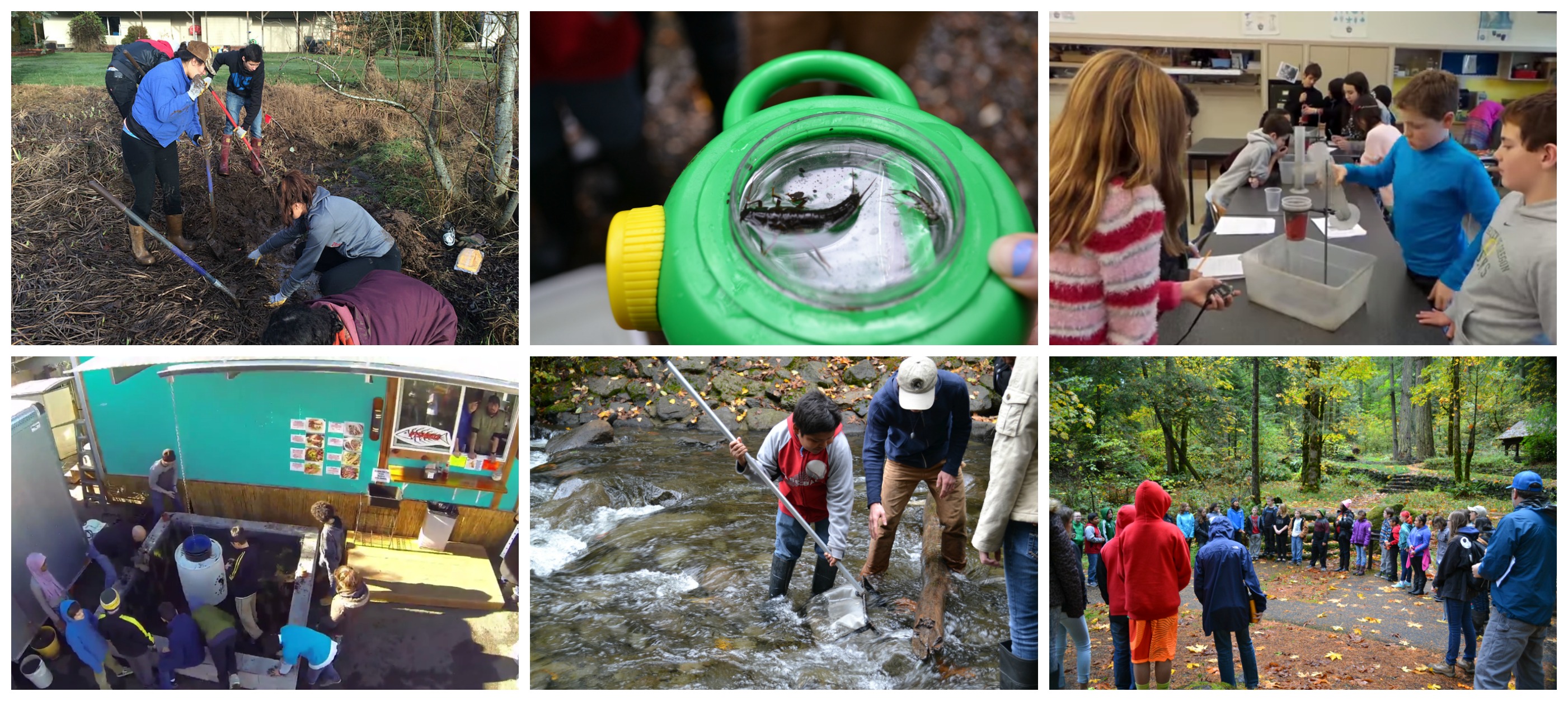
Recent Comments